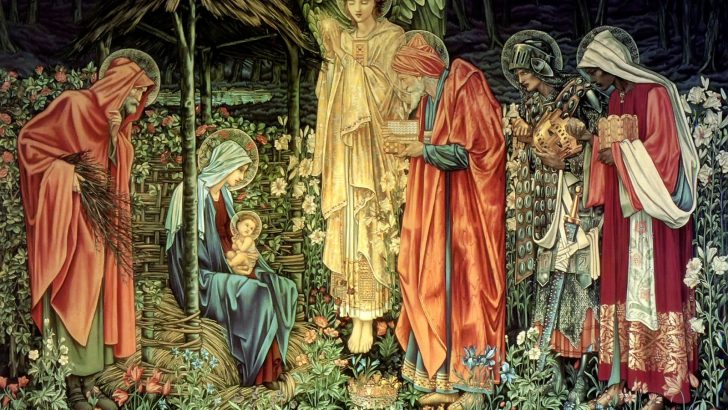The Vatican has confirmed a decision made by bishops in England and Wales to celebrate the Epiphany and the Ascension on their traditional days next year, a move that has “delighted” bishops.
From the First Sunday of Advent 2017, the days reinstated are the Epiphany of the Lord on January 6 (which was transferred to the adjacent Sunday when it falls on Saturday or Monday), and the Ascension of the Lord, which takes place on the Thursday after the Sixth Sunday of Easter.
Bishop Philip Egan of Portsmouth told the Catholic Herald: “I’m delighted to hear that the Holy See has approved the reversion of the Holy Days of the Epiphany and the Ascension to their proper days.”
Business
Holy Days of Obligation are major feasts of the Church’s year on which – in addition to Sundays – Catholics are obliged to go to Mass. They are also to abstain from such work or business that would inhibit the worship to be given to God, the joy proper to the Lord’s Day, or the due relaxation of mind and body (The Code of Canon Law 1247).
In 2011 the Bishops of England and Wales decided to bring back the traditional practice of abstaining from meat on Fridays.
At the time, Cardinal Vincent Nichols said the bishops decided to invite Catholics to understand again the importance of self-denial “which springs from that self-sacrificing love of Christ who denied himself that we might have life”.
The cardinal said, “Not eating meat on a Friday is a gesture, a reminder of something that tells us every week we have a very particular take on life. The gift of faith. It’s something we treasure.”
The “act of common witness” took effect on the first anniversary of Pope Benedict XVI’s visit to Britain.
In Ireland since October 1996, the Irish Bishops’ Conference removed the obligation on the feasts of Ascension and the Body and Blood of Christ (Corpus Christi), and the consequent transfer of these two feasts to the following Sundays in accordance with universal liturgical law.


